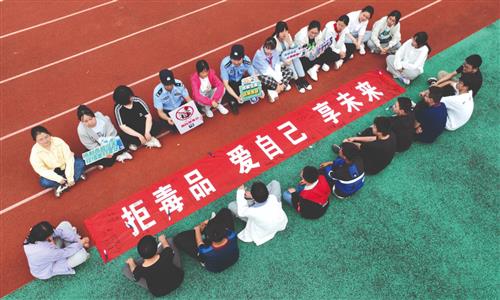The Madani Economy framework to restructure the country’s economy is to ultimately provide the people with the benefits to enjoy a better quality of life, says the Prime Minister. Execution is very important as announcements are not new to Malaysia, say trade groups.
KUALA LUMPUR: Taking Malaysia into one of the top 30 economies in the world over the next decade is among the ambitious goals set by Putrajaya under Madani Economy, the latest economic framework.
“This is a framework to elevate the dignity and status of our nation by restructuring the economy towards making Malaysia a leader in the South-east Asian region. This ultimately benefits the people, (who would) enjoy a better quality of life,” said Prime Minister Datuk Seri Anwar Ibrahim.
Anwar, who launched the Madani Economy: Empowering the Rakyat initiative here yesterday, said it was imperative for the country to not rest on its laurels with its 4% to 5% annual GDP growth rate, but instead to become a regional economic powerhouse, beginning with targeting a yearly GDP expansion rate of 5.5% to 6%.
“Malaysia needs to build larger economic integration with our neighbours, especially as the world is facing a supply chain disruption. We need to better equip Malaysian corporations for greater competitiveness and to at least breach into the Asean market,” he said in his keynote address at the Madani Economy launch.
Another important area is to improve wage levels to help everyone have a better quality of life, he added. This includes hauling the country’s Compensation of Employees to Gross Domestic Product (CE:GDP) ratio up from 35% to 45% and improving Malaysia’s standing in the Global Competitiveness Index to 12th or better, said Anwar.
The CE:GDP ratio is generally used to gauge the income-earning power of a country’s citizens and measures the share of compensation paid to employees who make up a country’s GDP.
Apart from that, the Prime Minister said that there should be sensible utilisation of free trade agreements for better movement of goods, capital, human resources and technology-sharing.
He said the government was also looking to introduce tax incentives to reward companies that produce high-impact economic products and activities.
To improve Malaysia’s global competitiveness and expand the economy, Anwar said his administration has allocated Rm100mil to complete the infrastructure at various industrial zones throughout the country. An additional Rm100mil would be allotted to enhance the research, development, commercialisation and innovation ecosystem, he added.
The focus will be on industrial needs, renewable energy and new growth activities – all part of the government’s effort to achieve a gross domestic expenditure on R&D to GDP ratio of 3.5%.
“All the efforts to enhance the country’s economy ultimately leads to the next step, which is to improve the livelihood of Malaysians. The success of the Madani Economy structural renewal has to be measured by how it produces jobs with a meaningful remuneration package for the people,” he said.
The government is also looking into several oft-mentioned initiatives such as enacting a progressive minimum wage system – which has partly been put into effect – as well as reducing the reliance on foreign labour by introducing a tiered-levy system on non-malaysian workers.
Anwar said such efforts will increase the adoption of automation and provide upskilling opportunities for Malaysian employees.
He said his administration is working with a number of government-linked investment companies (GLICS) to invest up to Rm1bil in additional funds, in partnership with private investors, to support local startups and to further spur technopreneurship.
Recognising that approximately 79% of micro, small and medium enterprises (MSMES) consist of micro businesses, he said these small-size endeavours have the potential to expand and penetrate international markets, especially if they get enough facilities and support.
As such, he said the government would prepare an addition Rm100mil in the digitalisation matching grant to help MSMES further digitalise their business models. This is in line with digital economy reforms meant to enhance the online business exposure of such enterprises.
Madani is an acronym for a policy that embraces six core values: kemampanan (Sustainability), Kesejahteraan (Prosperity), Daya Cipta (Innovation), hormat (Respect), keyakinan (Trust) and Ihsan (Compassion).
Related:















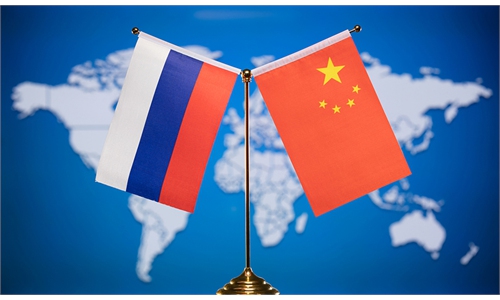
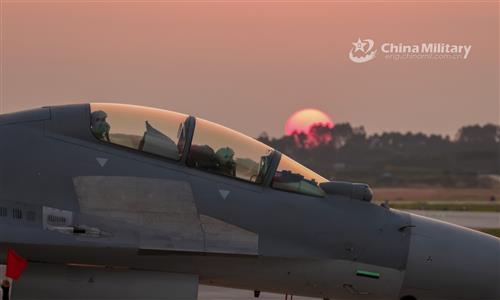

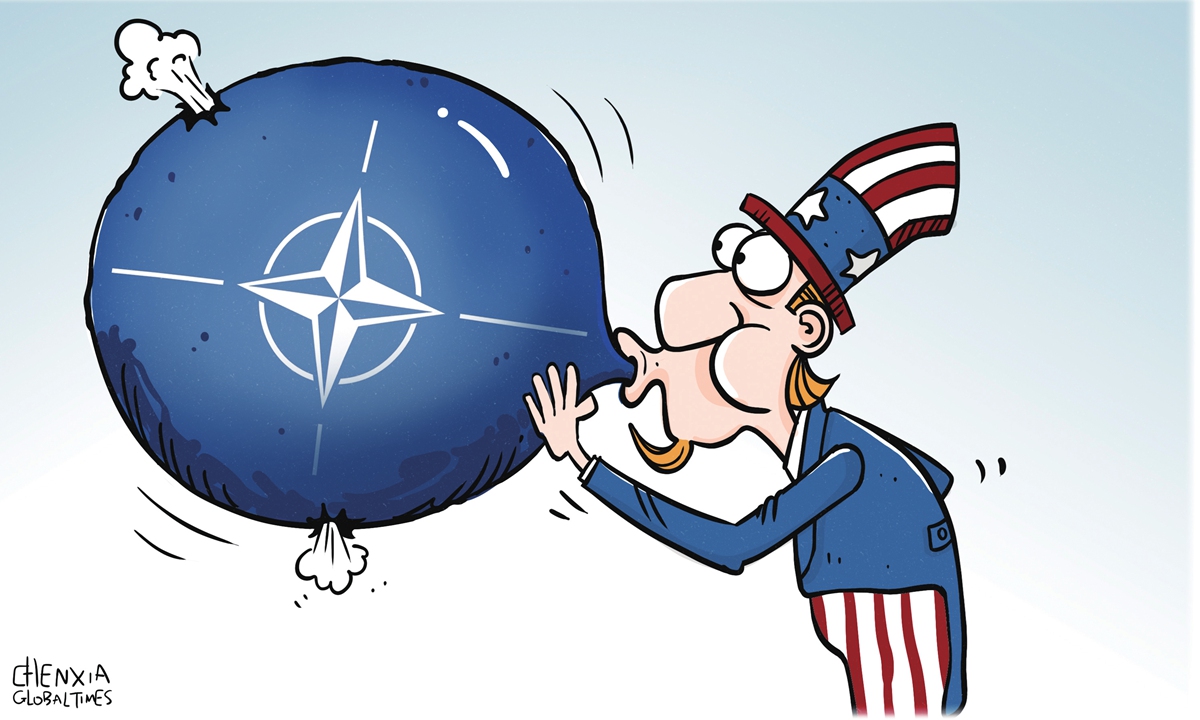

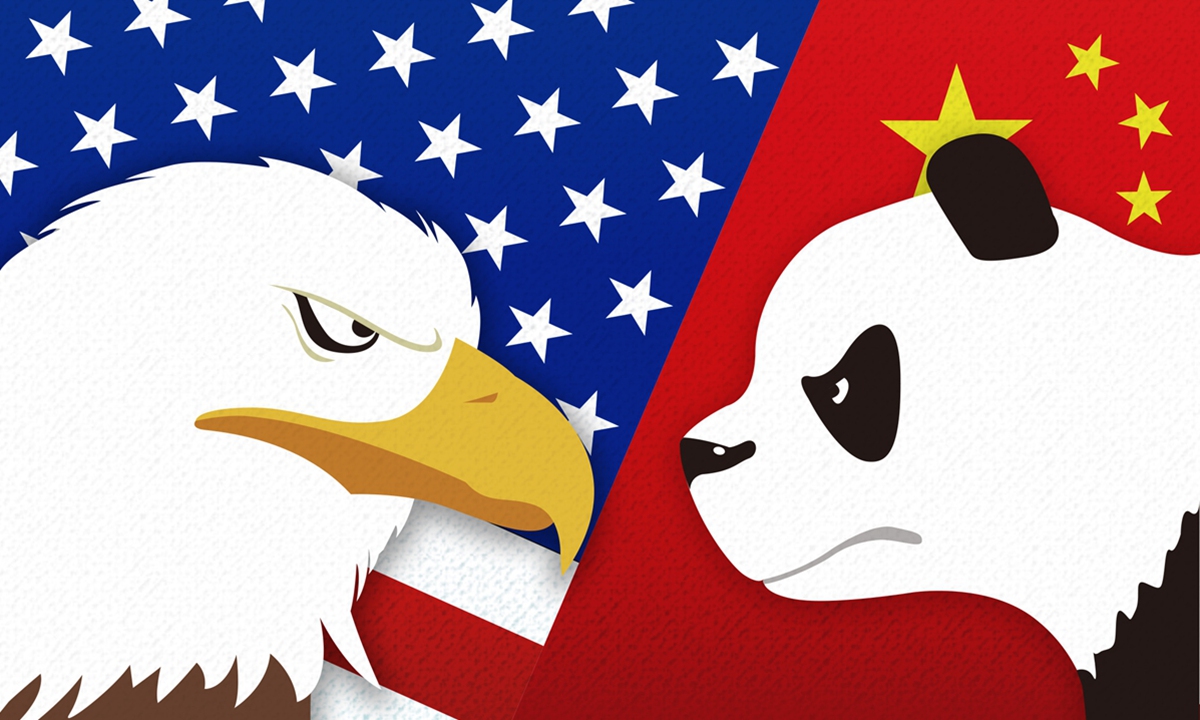 China US Illustration: Liu Rui
China US Illustration: Liu Rui
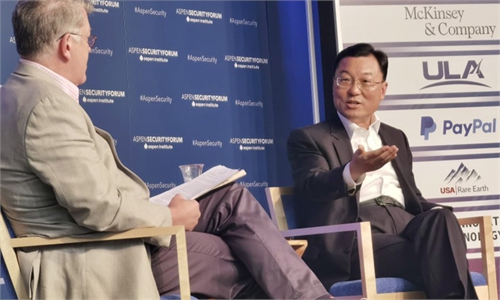
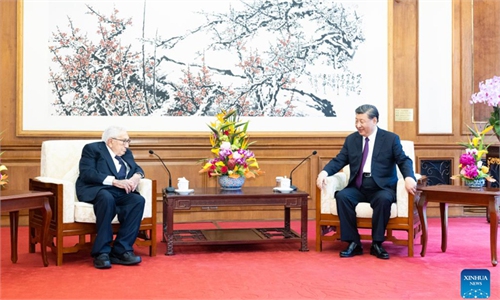


 AI Photo:VCG
AI Photo:VCG


